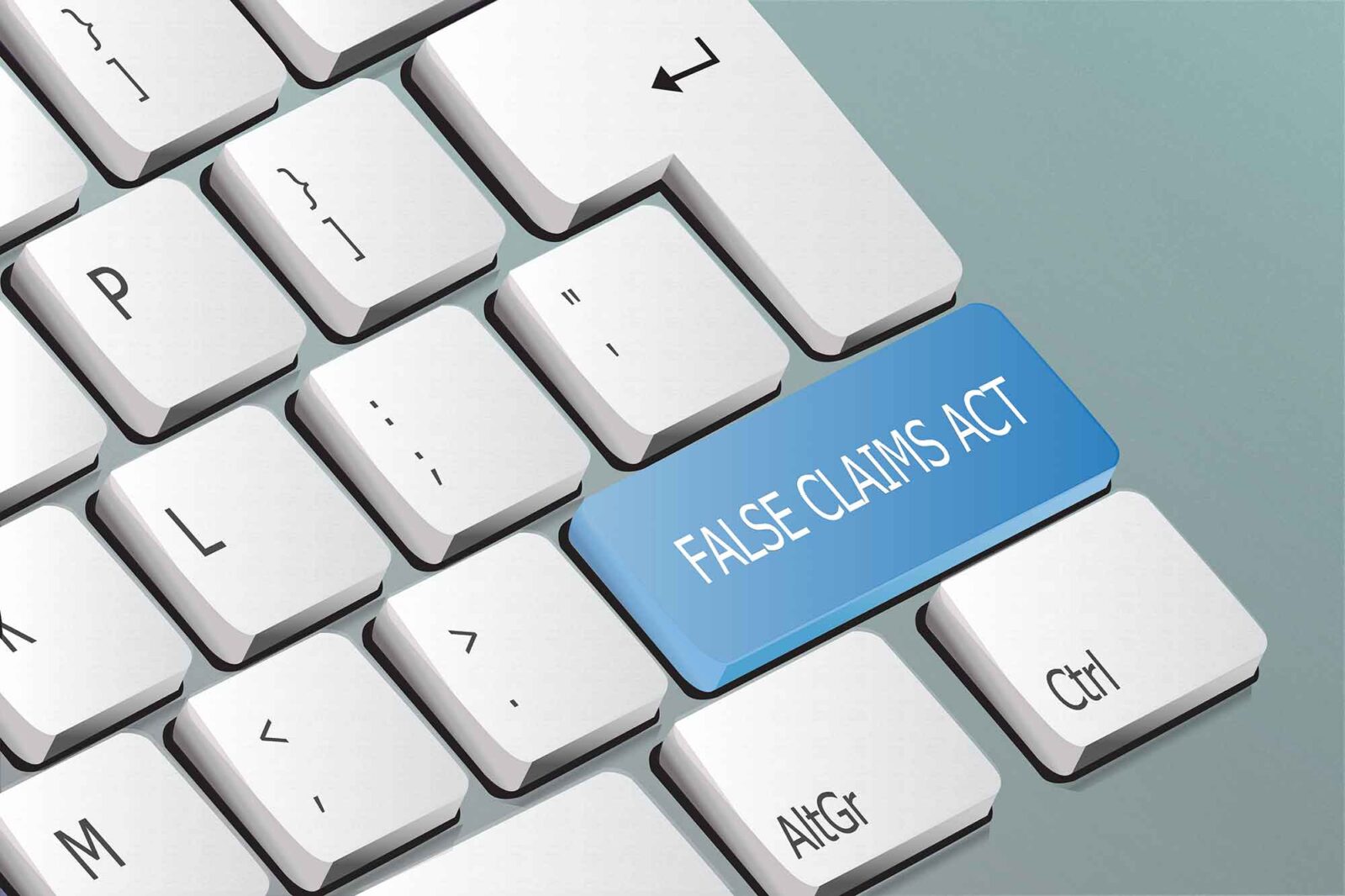In 1863, the United States federal government passed the False Claims Act to recover monies lost to procurement fraud committed on the Union Army during the Civil War. The Government sought to recoup federal funds from contractors who defrauded the government by, for example, selling it gunpowder that turned out to be sawdust or ships with decaying wood masked by fresh coats of paint.
In the more than 150 years since its enactment, however, the FCA has undergone significant amendment with applications now going well beyond the procurement of military goods to address a vast array of schemes and industries where government funds are available—and contractors are committing fraud to obtain them. Indeed, lawsuits brought by both the Government and whistleblowers alike now assert a variety of theories for relief under the False Claims Act, including:
- Healthcare, pharmaceutical, and medical device fraud
- Violations of cybersecurity requirements
- Government contract fraud
- Fraud related to COVID-19 relief programs
- Procurement and grant fraud
- Tariff and customs evasion
- Bid rigging, price fixing, and market allocation
In the last fiscal year alone, the Department of Justice obtained more than $5.6 billion in FCA settlements and judgments. It is worth noting that approximately 90% of the monies recovered came from healthcare industry defendants—namely, drug and medical device manufacturers, managed care providers, hospitals, pharmacies, hospice organizations, laboratories, and physicians. These recoveries covered a wide range of misconduct, including the provision of unlawful kickbacks in violation of the Anti-Kickback Statute; Medicare Advantage fraud; and improper billing of government healthcare programs for unnecessary medical treatments or unskilled services.
Still, more than half a billion dollars in the last fiscal year was recovered from non-healthcare-industry defendants. For instance, a defense contractor paid $50 million to resolve allegations that it fraudulently induced the U.S. Marine Corps to enter into a contract modification at inflated prices for a suspension system for armored vehicles known as Mine-Resistant Ambush Protected vehicles—showing that military-related frauds continue to persist a century and a half after the FCA’s enactment.
Other examples of non-healthcare-related recoveries in the last year include $24.9 million paid by a mortgage company to resolve allegations that it failed to maintain quality control programs to prevent and correct underwriting deficiencies and to self-report materially deficient loans insured by the Federal Housing Administration. And $6.15 million paid by an oil and natural gas exploration and production company to resolve allegations that it underpaid and underreported royalties for natural gas from federal lands that it leased to produce natural gas in Wyoming and New Mexico.
These recoveries bring in the latest of the roughly $70 billion dollars that the Government has recouped by way of the False Claims Act since the statute’s enactment. The immense size and scope of FCA recoveries by the Government over the last century and a half highlight the sharpness of this arrow in the Government’s fraud-fighting quiver. The federal fisc, and thereby the American taxpayer, reap the benefits of this powerful tool.
If you are considering reporting information to the Government, please fill out our online form or contact us by phone at (267) 551-5240 or via e-mail at zarbitman@feldmanshepherd.com for a free, confidential consultation.
